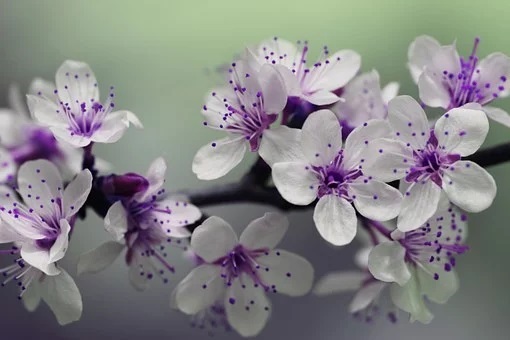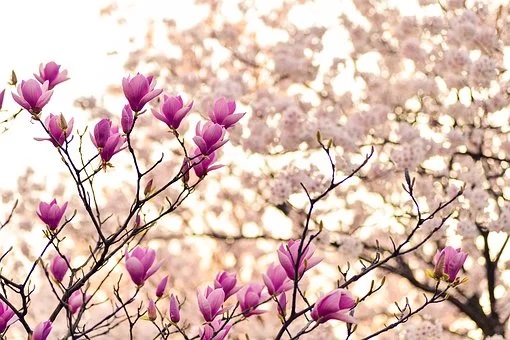We have all watched on Animal World (film series) how many lives some carnivores need to eat within a 24-hour period. For example, the blue whale, the largest known animal species in the world, can eat up to four tons of krill each day during the feeding season. And these are just one day’s provisions. A life eaten is a life taken and a negative karma fully committed. Over its entire life, the blue whale never once would chant the Buddha’s name or practice virtue. If it lives to be a hundred, it will have committed such negative karma for one hundred years. Can you imagine what will happen to it in its next life?
~Depicted from THE RIGHT VIEW - Why Vegetarian ?











